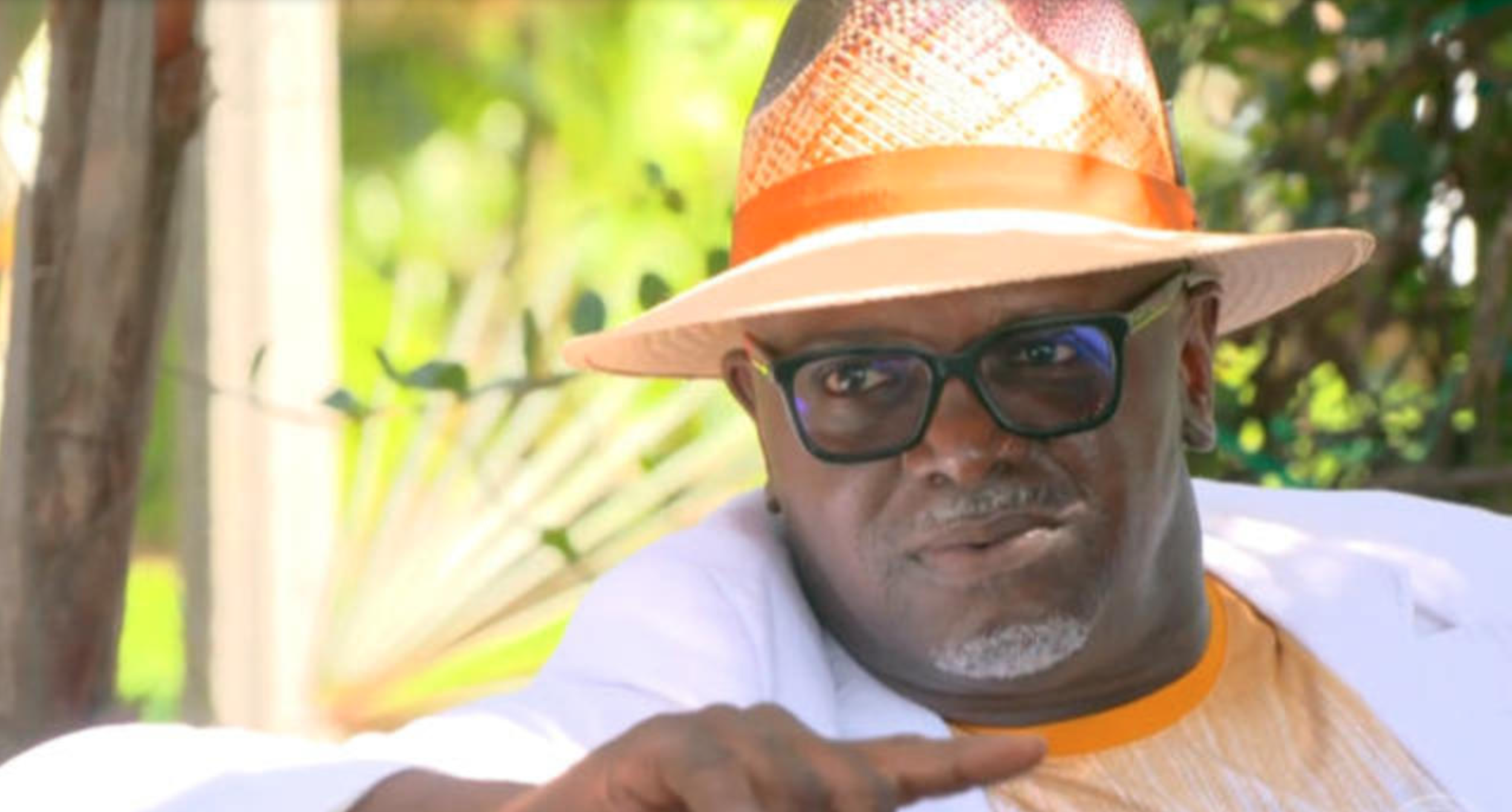Listening as a Superpower: A Tribute to “CBS Sunday Morning”
CBS Sunday Morning has been a favorite program of mine for forty years. The news magazine, originally hosted by Charles Kuralt, followed by Charles Osgood and now Jane Pauley, is an American classic. Early on, I was especially attracted to the show because of Dr. Billy Taylor’s segments on jazz. I stay with the show today because it feels like an example of the best American television has to offer citizens of this country and the world.
The show’s stories range from serious social and political issues to profiles of famous people, almanacs and remembrances of past historical events, to honoring recently deceased celebrities, coverage of the arts and (often humorous) short commentaries, and human-interest tales of everyday people being courageous and good. Artistic renderings of the sun are seen throughout each show, which happens to open and close with the trumpet fanfare “Abblasen” as performed originally by Doc Severinson; now Wynton Marsalis’ version is featured.
The final segment is a moment in nature, focusing on animals and plants in locales with no humans visible on camera. I wouldn’t be surprised if that segment influenced the meditative moments that the Calm app has been employing as a promotional vehicle.
The program’s cover stories are often about debates over controversial issues. As a radical moderate, I respect how even-handed they are, allowing a range of voices from various sides to be represented fairly. And if fellow fans of the show had to vote on the contributor with the best gig, broadcast journalist Steve Hartman would likely win hands down.
I suppose that primarily baby boomers might recall Hartman’s award-winning feature series, Everybody Has a Story, where he’d toss a dart over his shoulder at a map of the United States, and then travel to wherever the dart landed. Upon arrival, Hartman would choose a name at random in a local phonebook and try to find a person who would agree to be interviewed and tell their story. Traveling all over the land, from Hawaii to Alaska, West Virginia to Miami, Hartman produced over 100 stories, demonstrating that indeed everyone does have a story.
For CBS Sunday Morning (and the CBS Evening News), Hartman travels far and wide to tells stories of human compassion and kindness. Yesterday morning, for instance, my favorite Sunday morning news magazine featured a brief segment about a man in St. Petersburg, Florida, Al Nixon. Nixon embodies the Jazz Leadership Project practice of Big Ears.
Al Nixon, Master Listener
Seven years ago, Nixon began sitting on a bench in a beachside park after dawn to clear his head. Today, that bench bears a message to Nixon on a plaque by the people he has heard, listened to, and taken precious time with by lending his ears, eyes, and heart:
Al, A LOVING AND LOYAL FRIEND AND A CONFIDANT TO MANY. FOREVER AND ALWAYS.
What happened in those seven years to warrant such a beautiful gesture? Al, who by the way is not a professional therapist, became a steady, calming presence, a man who’ll give you his attention and focus. People who were total strangers to Al opened up to him. For instance, a lady named Renee Rudstein told Hartman that Al “knows everything about me.”
Hartman: “Did you feel weird sharing your secrets with a guy on a bench?”
Rudstein: “No. He never judges me, and he always shoots [it to] me straight.”
Another woman, Bernadette Dorset Mills, concurs.
“He’s not judgmental, and he takes you for who you are. He’s like the guiding force [here].”
Though he does give counsel to folks, his superpower is listening. He’ll shake his head and affirm with “umm hmms.” Al is likely one of those cats who doesn’t necessarily say much, but when he does, you should listen.
Listening is the number one skill mankind needs to know very well.
—Al Nixon
Al’s journey in this morning-time communal capacity began in earnest when a woman, who he’d never met, told him: “Every day I see you, I know everything is going to be okay.”
Al says: “That made me realize that when you speak to someone, when you smile, you let people know: I value you. And people pick that up.”
Al is a faithful presence there. So, as Steve Hartman put it, “In appreciation for always being there, not long ago, Al’s faithful put a plaque on his bench.”
The powerful gesture made Al tear up.
A community expressed what Al expresses to them by his presence and being: we value you. You matter to me.
I invite you to view the segment here.
That’s how we resolve the American dilemma: democratic reciprocity and conversations among strangers, a call and response of listening and sharing, despite our differences in backgrounds and points of view.
I agree with Hartman that we all could use some “Al’s” in our lives.
Thank you, CBS Sunday Morning, for the hundreds of stories chronicling the times and modeling American possibility.



